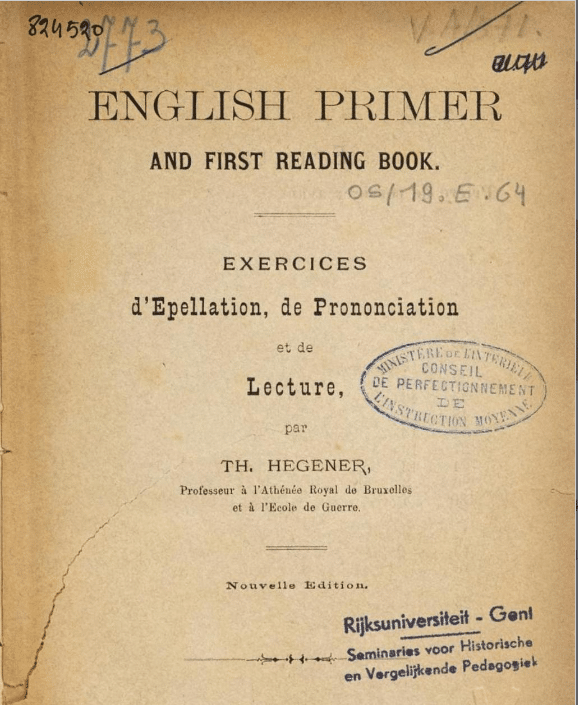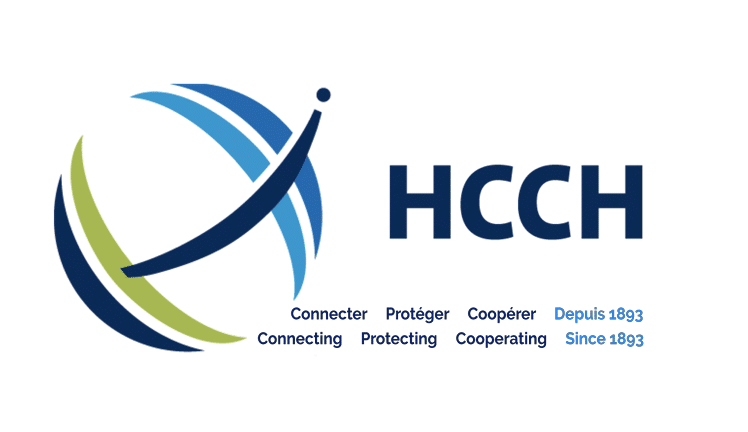A Primer on Service-of-Process Clauses
A service-of-process clause is a contract provision that specifies how a summons and a complaint shall be served upon a person named as a defendant in a U.S. court. This post surveys the issues presented by such provisions. It first discusses the three most common varieties: (1) those that specify a method by which process…
Continue ReadingA Roadmap to Service by Email
Federal courts have struggled with the question of when they can authorize service by email on a defendant located in a country that belongs to the Hague Service Convention—as we have explained in many prior posts. Though the interaction between the Convention and Federal Rule of Civil Procedure 4(f) can be tricky, there are clear…
Continue ReadingAnother Thoughtful Decision Limiting Email Service
The interplay between Rule 4(f) and the Hague Service Convention (HSC) is intricate and challenging. In a recent order, U.S. Magistrate Judge Diana Song Quiroga of the Southern District of Texas said a lot of smart things about this interplay that bear repeating by other district courts. Three Cheers The judge denied a request in…
Continue ReadingThird Circuit Addresses Email Service under the Hague Service Convention
A new decision by the Third Circuit, SEC v. Lahr, correctly analyzes the tricky question of email service under the Hague Service Convention. The court’s clear explanation will be of great help to district courts across the country, which remain divided on this question. Unfortunately, the Third Circuit chose not to publish its decision, so…
Continue ReadingA Big Step Forward for Service by Email under the Hague Service Convention
The Special Commission on the practical operation of the Service, Evidence, and Access to Justice Conventions has just completed its 2024 meeting and, at last, taken on the issue of service by email under the Hague Service Convention. Its conclusions are welcome and should have a significant influence on U.S. courts’ decisions, which in recent…
Continue ReadingDesperately Seeking Interlocutory Appeal
Despite some excellent opinions correctly interpreting the Hague Service Convention (HSC) and Rule 4(f)(3) in recent years, the district courts continue to be deeply divided on recurring questions of international service of process, in particular the permissibility of service by email or by other electronic means. Bill Dodge and I think such questions are clearly…
Continue ReadingNinth Circuit Creates Split on Serving Motion to Confirm Arbitration Award
How does one serve process to confirm an arbitral award on parties outside the United States? The answer turns out to be quite complicated. In Voltage Pictures LLC v. Gussi S.A. de C.V., the Ninth Circuit charted a careful path through the maze of interactions between the Federal Arbitration Act (“FAA”) and the Federal Rules…
Continue ReadingNew Decision on Email Service Under the Hague Service Convention
Regular TLB readers may recall that federal district courts are struggling with an important procedural question: whether they may authorize email service when the defendant resides in a country that is party to the Hague Service Convention. In Smart Study Co. v. Acuteye-U.S., Judge Gregory H. Woods (SDNY) held that the answer is no. The…
Continue ReadingPreliminary Injunctions and the Hague Service Convention
In Whirlpool Corporation v. Shenzhen Sanlida Electrical Technology Company, the Fifth Circuit addressed the interaction between the Hague Service Convention and the preliminary injunction. Briefly, Whirlpool sued Shenzhen in the Eastern District of Texas for trademark and trade dress infringement related to Whirlpool’s “iconic” KitchenAid mixer. (Much like a prior Seventh Circuit case, this one…
Continue Reading- « Previous
- 1
- 2
- 3
- 4
- Next »






